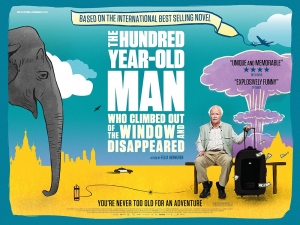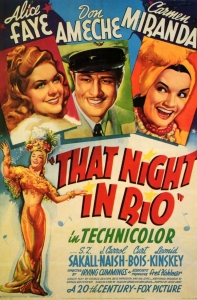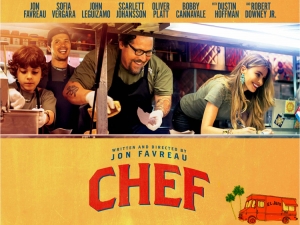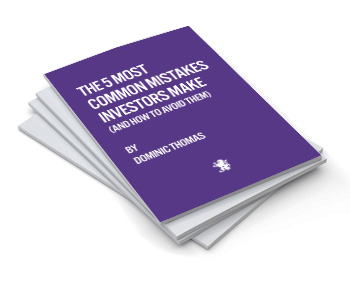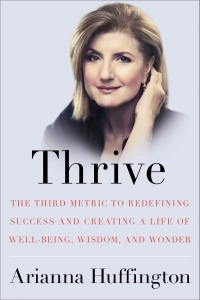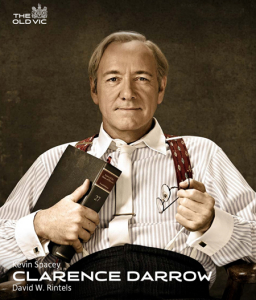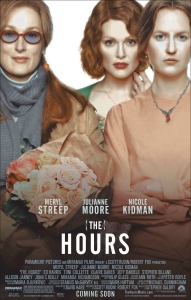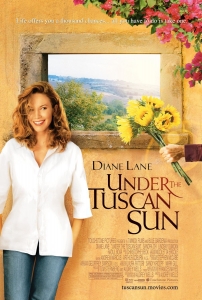Tempus Fugit
Tempus fugit – time flies
One of the things that age affords us is the ability to remark how quickly time passes, so when my daughters begin to talk of how quickly the year has gone, I am given cause for reflection. These days we seem to measure pretty much everything – because we can, as though the measurement will reveal the secrets to success. Sport has taken this to an incredible level – as we begin yet another football season, how many passes, kicks, assists, false starts… blades of grass… all of it is turned into “big data”. Financial services is a world obsessed with measurement and metrics and as I begin the tedium of another annual return for my professional indemnity insurance I note how what is being measured changes. The Freudians amongst you might have an inkling about why so much time is spent measuring – pretty much anything.
The belief that “you get what you measure” is rife in our culture, but is it even vaguely accurate? We are nationally obsessed with house prices, inflation, GDP and the national debt and momentarily the number of A’Level passes at A*-C. Are we measuring the right things? David Cameron attempted to introduce a “happiness” measure, which I think was well-meaning but many have mocked. My in-box, twitter account and pretty much every form of media is deluged with data. Performance indicators, past present and future, but are they any good really?
So, somewhat controversially I am going to suggest that most of the data probably isn’t very important or useful at all. It tells us what happened, rarely why. If you are a client, you will have gathered that I have an enjoyment of history. We print our own birthday and Christmas cards, which we design. I fill these with what I hope are interesting “historical facts”… interesting to me anyhow. Why? well… if I’m serious about “lifestyle financial planning”, yes numbers are important, but surely life itself is rather more important. What we should measure is the content of our lives, not the content of our pension funds. I have never been to a funeral, where the focus was on how well someone managed their money or how much time was spent at work.
I think it fair to say that we are all largely unable to escape 24/7 reporting, yet a great deal of wisdom is required to determine what is actually important. My children will tell you that a phrase I use all too regularly is “everybody dies”. This is not meant to minimise death, quite the reverse, it is the great leveller and a part of life, yours and mine. I am merely trying, probably poorly, to point out that life is brief, so live it well, but it is the content of life not the accumulation of stuff, or social position that I believe is where a life well spent resonates.
So of late, I have tended to tweet simple facts. Reminders of people that are alive or perhaps dead, but who have done something extra-ordinary, none of them are perfect (nobody is right!). Of course, the irony is that many of these people are famous and don’t appear to be “ordinary”. I’m also mindful of a white, western male perspective, which I have grown up in. Its also a reminder that life is brief, that change is often painfully slow and the present is built upon the past. So as we see yet more racial trouble in Ferguson the not-so United States, where arms manufacturers seem to be equipping police forces for wars as opposed to communities, I am reminded of the struggles of the civil rights movement in the US and how the struggle is clearly not over and how much more there is to do in the world…and timely that Rosalynn Carter is celebrating her 87th birthday today…another inspirational woman who has been waging peace, fighting disease and building hope – for a lifetime.
I know its possibly “commercially dangerous” to comment on politics, religion, gender, race…. but whilst I don’t expect everyone to agree with me (heck, I often don’t!) it does reflect rather more about who I am, rather than some glossy, corporate sanitised version of who I am. I’m told that I should build my “brand” which is well-meaning advice, but seems to somehow miss that I run a small (tiny) company, primarily serving local people to make better decisions about their money so that they can get on with living their lives more fully. I don’t know the future, don’t promise huge rewards, merely to remain disciplined to sensible principles that work, all in the context of a world of options, which we can sift through together calmly.
Dominic Thomas

